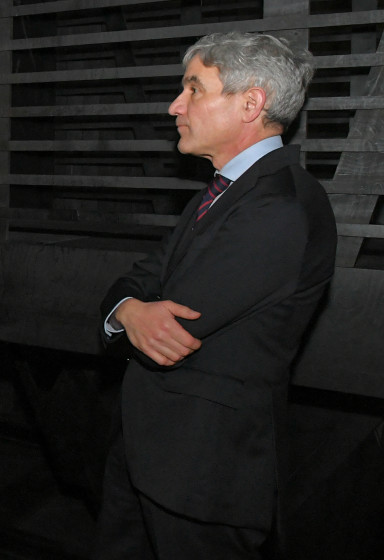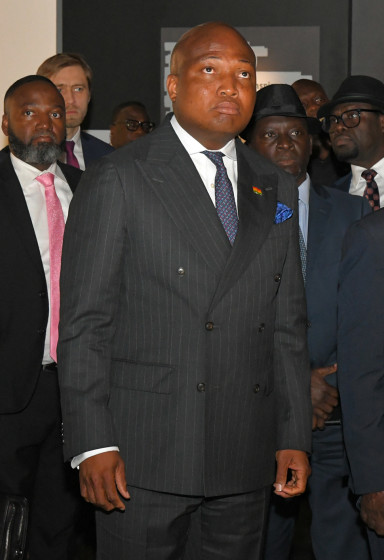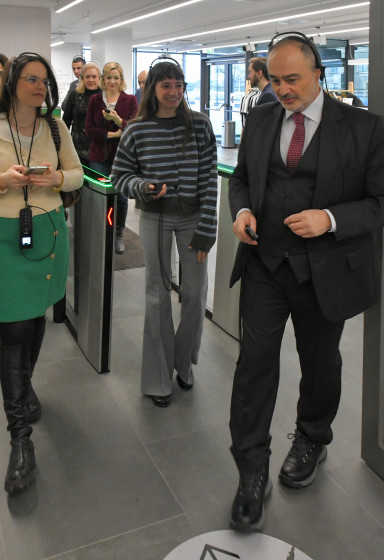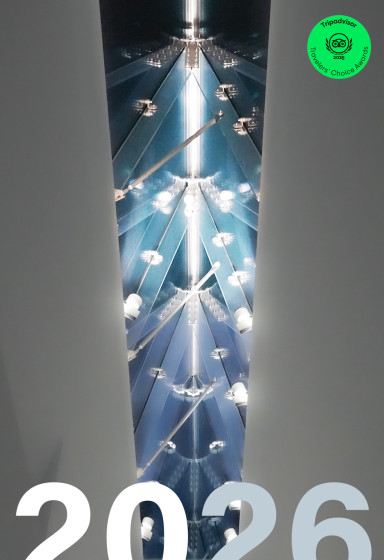Donate to Museum
Each donation helps to ensure the Museum's activities, allowing it to function and provide information for people from all over the world.
The Museum is grateful to each donor and invites everyone to contribute.
Valters Nollendords Participated in a Panel Discussion on "Dealing with the Communist Past" in Berlin
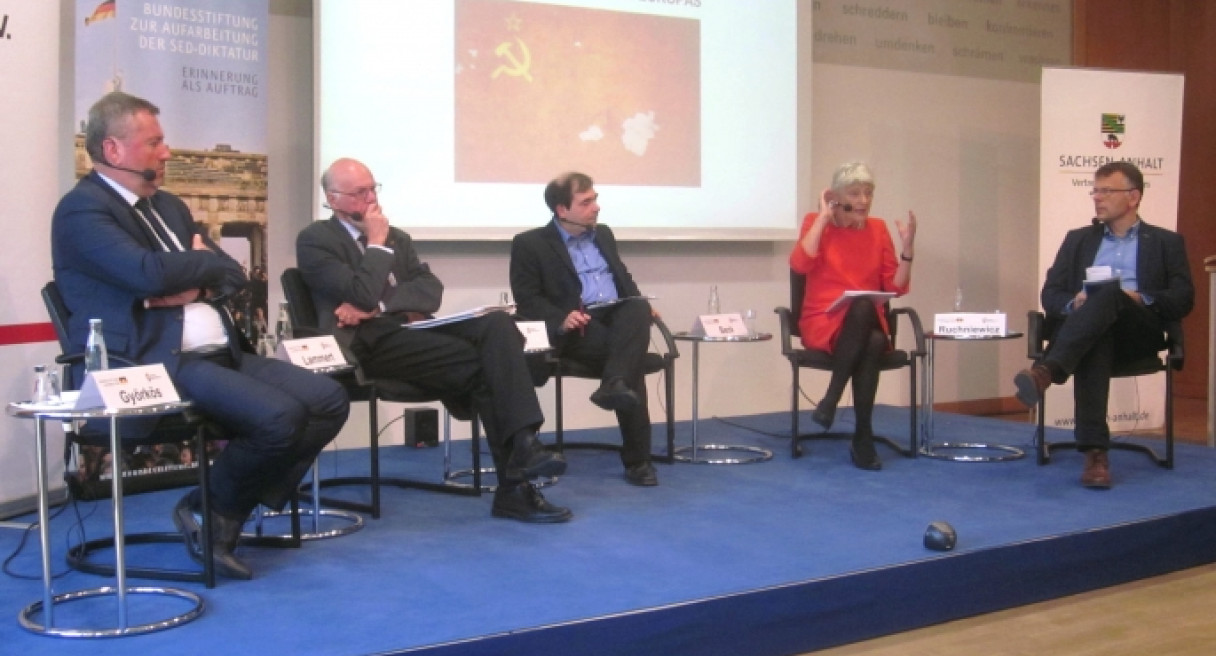
Valters Nollendords, Chairman of the Board of the Occupation Museum Association of Latvia, participated in a panel discussion on "Dealing with the Communist Past" at a conference on The Long Shadow of Communism – 100 Years of Russian Revolution and the Communist Legacy of Europe organised by the Deutsche Gesellschaft e.V. and Bundesstiftung für Aufarbeitung der SED-Diktatur in Berlin.
Nollendorfs pointed out that, paradoxically, old-guard Latvian communists were among the closest collaborators with Lenin and many of them became strict enforcers of Lenin's revolutionary policies. Yet their narrative was abruptly stopped by Stalin's Great Terror in 1937/38 when over 16.000 Latvian communists and other Latvians were executed and many more suffered repressions in the Soviet Union. They are remembered on the first Sunday in December, which in the Latvian calendar is torturously designated as the "Memorial Day for the Victims of Genocide against the Latvian Nation Carried out by the Totalitarian Communist Regime." Yet there are no official ceremonies and no church services. There is even no memorial where to lay down flowers. This attitude is partly understandable because these events did not happen in Latvia and because of the bloody rule of Latvian communists in Latvia during the first half of 1919. There is no way to know how the old Latvian communist elites would have ruled in Latvia had they been alive when Latvia was occupied by the Soviet Union in 1940. It is clear, however, that the so-called Latvian Communist Party during the Soviet occupation was basically a Soviet-Russian rather than a Latvian party. A very negative role was played by second-generation Latvian communists who were counted as Latvians but were basically loyal to the Soviet Union and Russia. This Soviet-Russian dominance became clear in the repressions carried out against the so-called "National Communists in the 1950s and 60s, as well as the mass desertions of Latvians from the party during the National Awakening in the late 1980s.
